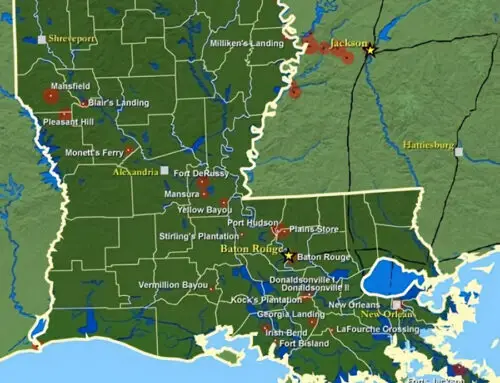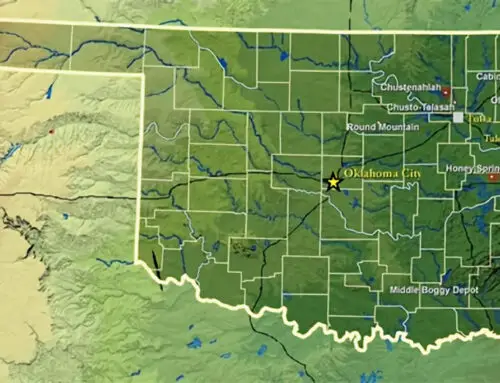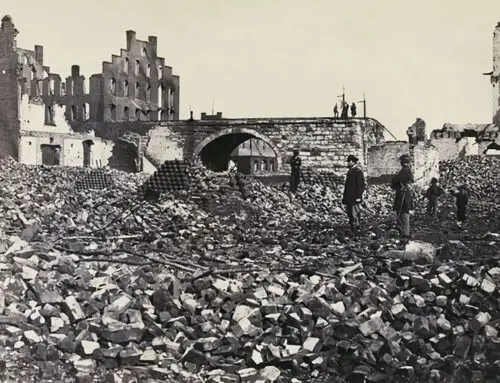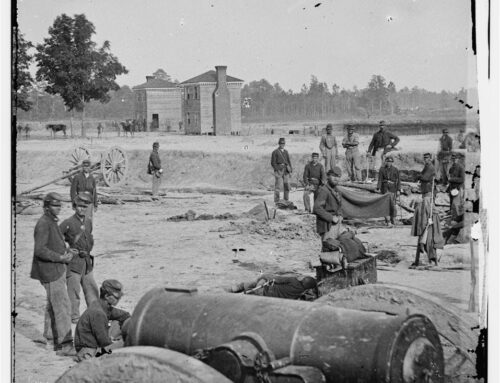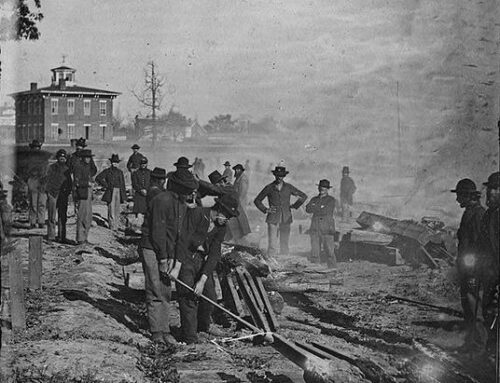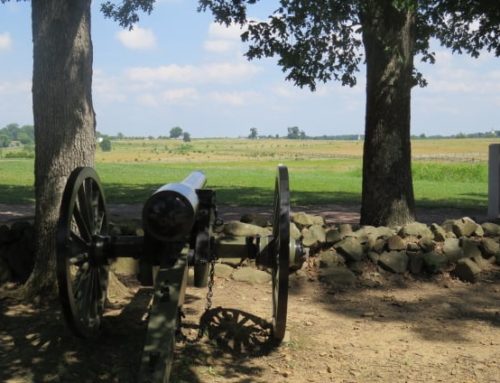November 23, 1863 – November 25, 1863
The battle of Chattanooga followed the defeat at the hands of the Confederate forces at the battle of Chickamauga. This defeat did not sit well with Union brass, including President Lincoln. Lincoln wanted the area of Tennessee, as he realized the importance of controlling such a naturally rich geographical area, “…Taking Chattanooga is as important as taking Richmond.”
The playing filed was tilted in the favor of the Union army as Lincoln made good on his promise to not leave the Union men to their own devices.
The President dispatched the services of his most reliable and capable commander, General Ulysses S. Grant. Grant went to the city and immediately relieved General Rosecran’s from service.
This tactical move by Abraham Lincoln is considered to be one of the greatest decisions of the war. Lincoln demonstrated both his natural ability to lead and his desire to end the war as quickly as possible.
The Union force swelled to 40,000 men with the addition of troops from General Sherman’s Mississippi army and General Hooker’s men from Virginia. Now the Union had the troop strength to go after the Confederates stationed in the hills above the city. And go after them they did. With cries of “Chickamauga!” reigning all around them, the Confederates were beaten from their positions and retreated from the area of Chattanooga.
The battle was lost and the wave of repercussions would be felt as far away as Washington.
The beleaguered General Bragg ordered a hasty retreat to the neighboring city of Dalton where he then wired the bad news to his superiors. The battle was lost, the city was lost, the competence of the command for the Confederate army, lost. Bragg showed courage although his leadership skills had been greatly lessened by the stunning loss of such a pivotal southern city.
Nonetheless, Bragg offered his resignation and took full blame for the catastrophe. In the wire, Bragg admitted to President Davis that he should have been relieved of duty when the President Davis visited him past October. Davis would later acknowledge the honest and courageous words of his floored leader and honored the request for removal. This stuck with Bragg throughout his military career, damaging his reputation and ending the leadership position he once had as a Confederate commander.
The loss of Chattanooga was a devastatingly catastrophic situation for the South. The city was the gateway to the heart of the Deep South and a path to the North’s stronghold. Now it was gone and the Confederates were faced with having to devise a way to overcome this loss and get back to the winning ways of the past.
The winning days were to be over for the South. After Chickamauga, Confederate victories would be few and far between. The minor battles that they could claim as victories would mean very little in the course of the remaining parts of the Civil War.
The North would ramp up it’s continuing division of the South and with the brilliant leadership of general Grant, would start their march to Richmond and try to close out the war within a year’s time. The rebels would not give up and the fighting became extremely bloody as the Confederates started to feel the pain of defeat.


